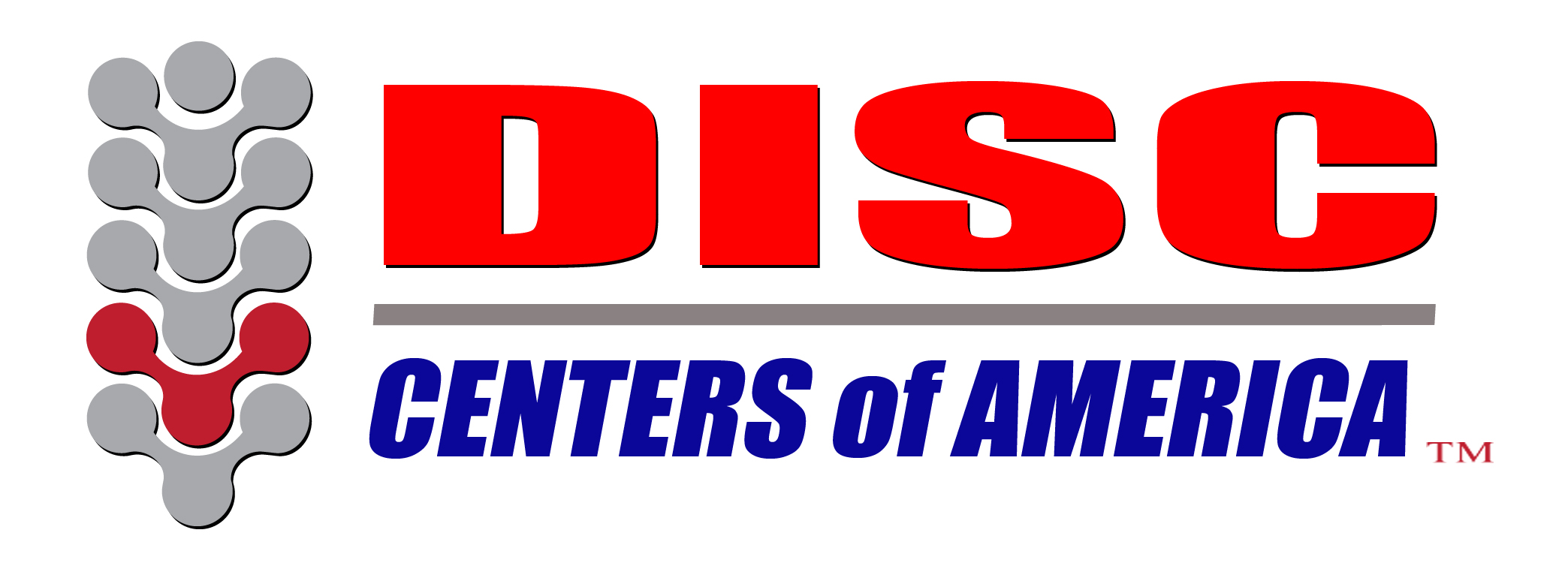Maintaining clear and calm thinking enables us to make good decisions, better manage emotions, and navigate daily tasks easily and efficiently. However, this required mental alertness can be quickly lost to an intense or sudden onset headache. While occasional headaches are common, frequent ones interrupting sleep or hindering daily functioning can be disabling.
Different Types of Headaches
A primary headache is considered a stand-alone condition independent of any other health issue. Examples of these types of headaches include -
- Tension Headaches —headaches from tension that happen episodically are very common and usually feel like a tight band around your head. They are often the result of prolonged muscle tension in your neck, shoulders, or head.
- Migraine Headaches — These present with pain on one side of the head and frequently show up along with extraordinary sensitivity to sound and light, dizziness, and nausea. The root cause is still not fully understood; however, most researchers agree they can be attributed to a combination of factors that may include vascular or neurological changes.
- Cervicogenic Headaches— Unlike other headache types, cervicogenic headaches are triggered by structural problems in the neck, which might include –
- A misalignment of the cervical spine
- Muscle tension
- Nerve irritation
Other types of headaches include secondary headaches, which are headaches that are a symptom of another underlying or different condition. Examples of secondary headaches include those caused by –
- Sinus issues
- TBI/Concussion
- Infection
- Medication
- Hypertension
- TMJ
- Sleep Disorders
- Hormonal changes, and more
If you suffer from chronic or intense headaches, it may be time to see a chiropractor.
How Can a Chiropractic Professional Help?
Chiropractors undergo comprehensive training and education to assist clients in various ways beyond treating low back pain. They understand how tension throughout the spine corresponds to problems that manifest in other parts of the body and they also have the tools and techniques to offer the symptom relief you seek.
The important thing to note is that chiropractors treat individuals rather than just the symptom or the condition. The care provided by chiropractic professionals can be tailored to treat a specific type of headache and may include one or more of the following -
- Spinal manipulations or chiropractic adjustments help optimize spinal function and reduce or eliminate the stress on your system
- Diversified Massage Therapies, which include specialized approaches –
- Kneading and relaxation of joints and muscles
- Myofascial release of the membranes that connect and support your muscles
- Electrical Stimulation Therapy
- Therapeutic Ultrasound
- Joint mobilization gently moves the joints to relieve pain and improve mobility. This type of chiropractic treatment targets the cervical spine when treating painful headaches
- Nutritional guidance/diet advice, including the addition of B complex vitamins
- Guidance and education offer clients a chance to proactively relieve their joint irritation and muscle tension of the neck and upper back. These would include –
- Correct Posture
- Ergonomics (Related to Work Postures)
- Exercises
- Relaxation Techniques
It's crucial to treat headaches seriously. If you experience frequent headaches, rely on pain relievers routinely, notice changes in the pattern of your headaches, or find your headaches become worse or more intense, consulting a chiropractor is advisable.
Additionally, seek emergency attention if your headache comes on suddenly or becomes severe, follows a head injury, or is combined with a fever, stiff neck, weakness, numbness, or difficulty speaking.


